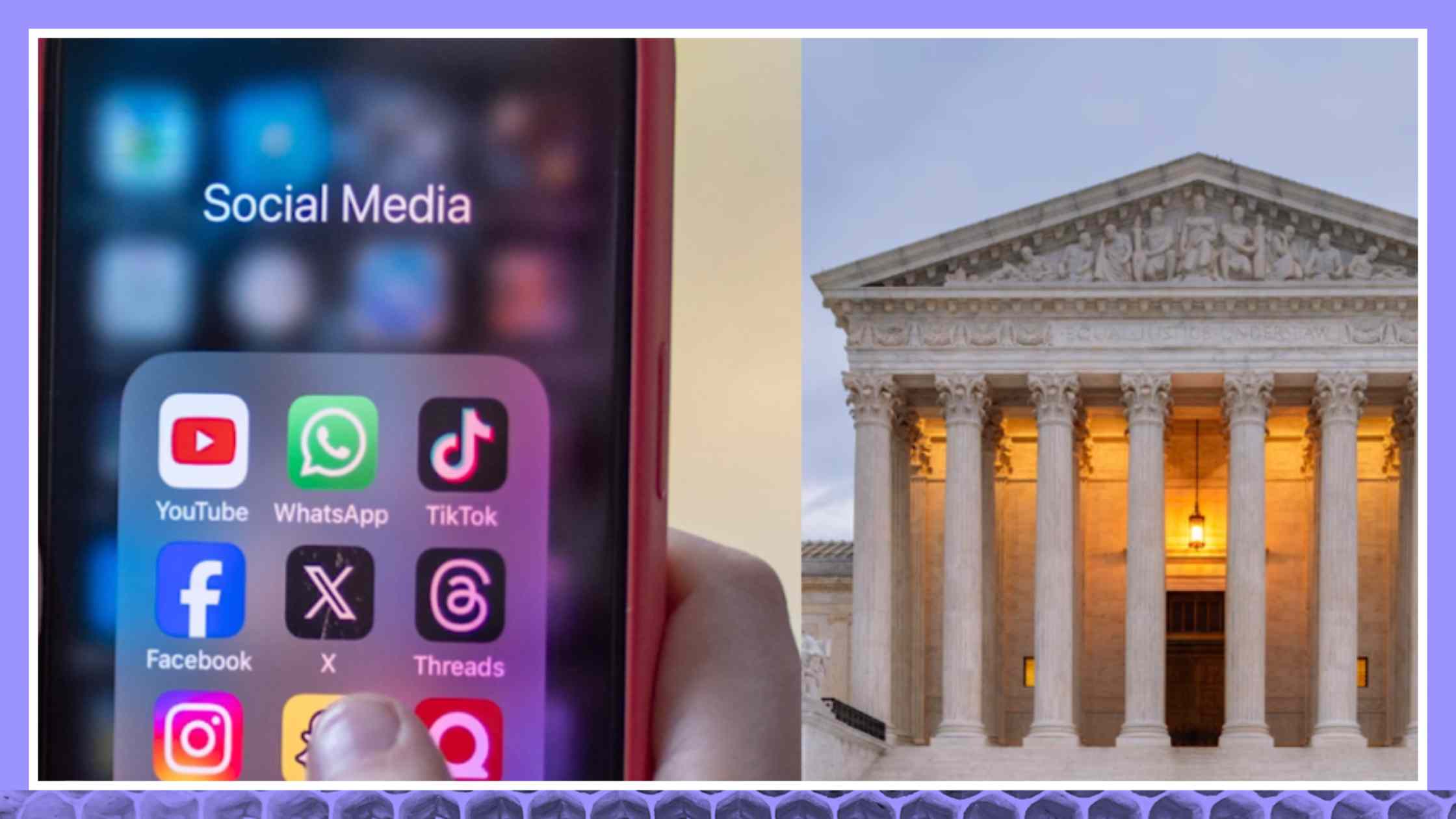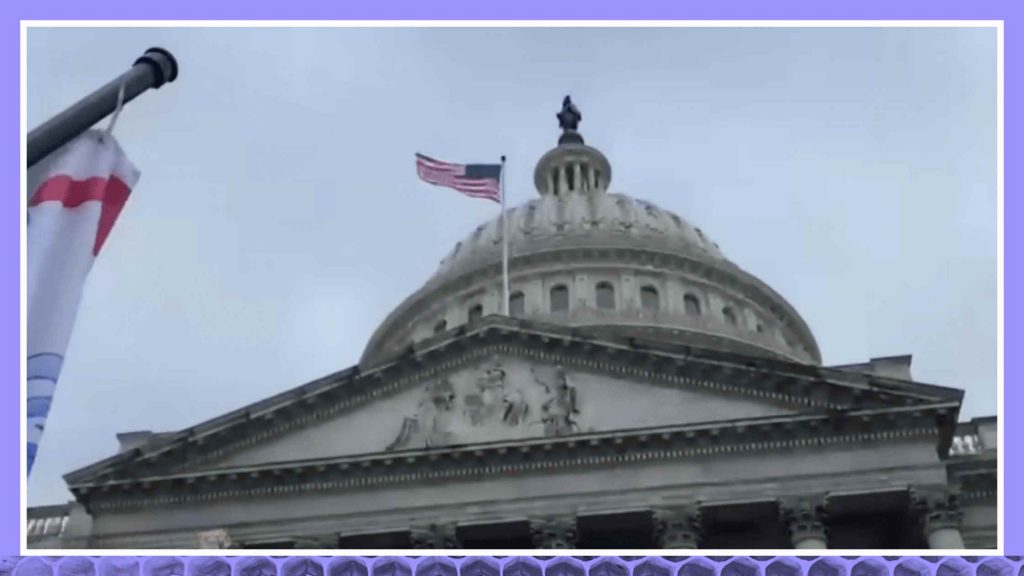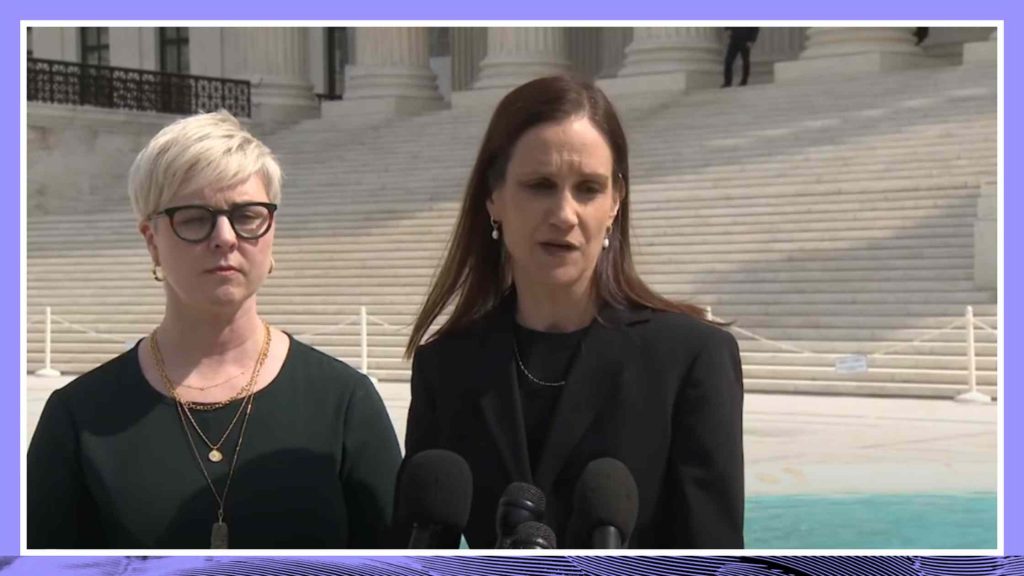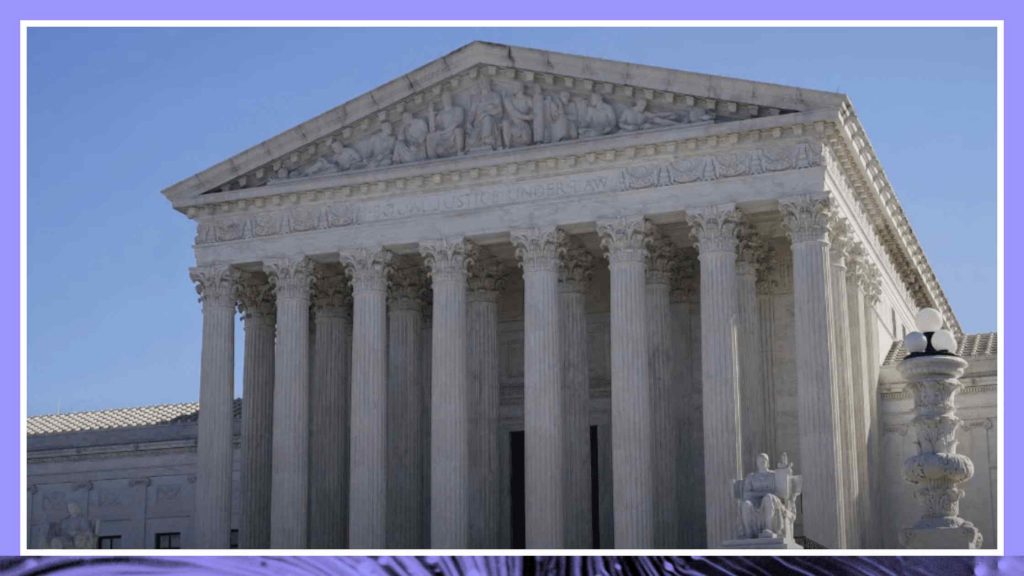Feb 27, 2024
Supreme Court Hears Social Media Cases Transcript

The Supreme Court hears arguments in highly consequential cases navigating First Amendment protections on social media. Read the transcript here.
Amna Nawaz (00:00):
The Supreme Court heard arguments today in a highly consequential case, navigating First Amendment protections on social media. Tech companies are taking on state laws, decrying conservative censorship online. A decision here could fundamentally change the use of speech on the internet.
(00:18)
The Supreme Court is wading into a digital age First Amendment battle. Do social media companies have the right to decide what appears on and what’s removed from their own platforms? That is the question at the heart of two major cases heard today by the justices. A decision here could give government the power to change what millions of people see online. After sites like Twitter and Facebook removed Former President Donald Trump following the January 6th attack on the US Capitol, Texas and Florida passed laws restricting how these platforms moderate and remove content and users from their websites. But tech industry group sued the states.
Alan Gura (00:57):
Whether it happens to a conservative group or to a liberal group, or to any other kind of group, people in America should be able to access the modern public square to express themselves. It does tend to be conservative groups that are under the thumb more of some of these social media sites.
Amna Nawaz (01:13):
Alan Gura with the Institute for Free Speech filed an amicus brief with conservative activist group Moms for Liberty in support of the states.
Alan Gura (01:22):
Moms for Liberty had a problem. The teacher’s union, their sort of traditional political adversary, went to Facebook and put pressure on Facebook and said, “Look, there are these people who are promoting disinformation”, and instead Moms chapters saw all kinds of post block. Things were very innocuous. Things like, “Are you ready to run for school board?” Or questions about, “Hey, does anybody know what curriculum is being used by its school district?”
David Greene (01:52):
I think we can all agree that content moderation as a process is really problematic. I don’t think the right solution to that is to give the government the ability to impose its own editorial viewpoints on private actors. I think that’s a dangerous power to hand the government.
Amna Nawaz (02:13):
David Greene is with the Electronic Frontier Foundation and filed a brief opposing the states.
David Greene (02:19):
Social media sites have a First Amendment right to curate and edit their sites according to their own curatorial and editorial philosophies and policies. That is a right that others in their position have, whether they be art curators or parade organizers.
Amna Nawaz (02:39):
But our tech companies, publishers, Gura and the states don’t think so.
Alan Gura (02:45):
Whose speech is it? Nobody thinks that your speech is the company’s speech. It’s obviously your speech. If I pick up the phone and talk to you today, it won’t be AT&T’s speech and AT&T can’t unplug me because they don’t know my politics.
Amna Nawaz (02:58):
That back forth is what the justices themselves navigated today. Marcia Coyle was in the courtroom and joins us now. Marcia, great to see you.
Marcia Coyle (03:06):
Good to see you.
Amna Nawaz (03:06):
These are big issues here, free speech and content moderation and social media platforms. How did the justices seem to be navigating and examining these issues today?
Marcia Coyle (03:15):
Well, I think it’s a difficult one, just as you said, for many levels they’re having trouble, but they ask good questions. Most of the arguments focused on, as one of your speakers just said, whether social media platforms fall into a category of newspaper publishers where they can pretty much determine how they use the content they have. Or are they more like common carriers such as a telegraph or anything that carries a message from point A to B but doesn’t do anything else. They also struggled with language. Justice Alito asked at one point, “Well, what is content moderation? Is it just another way of saying censorship?” There were other words too that created problems. This is a difficult case for them on more levels than just determining which category to put social media platforms into.
Amna Nawaz (04:12):
I mean, the concerns around censorship online have long been more of a conservative issue. Did we hear questions from the conservative justices that seemed to align with that view or to challenge it?
Marcia Coyle (04:22):
No, not at all. It seemed as though as they struggled with the categories of newspapers versus common carriers that they weren’t focused at all on politics or ideology. This is clearly an attempt to become very familiar with what social media does, what these platforms do, and that’s one of the problems that they’re having in the case. They didn’t know how broadly these laws sweep. Justice Barrett, for example, pointed out, “Well, some say these laws could cover Venmo, Uber, email.”
Amna Nawaz (04:52):
Not just limited to social media platforms in other words.
Marcia Coyle (04:53):
Exactly. Email, direct messaging. They don’t know. In fact, as they asked the lawyers, they said, “Well, it might cover them”, and why don’t they know? Because the way the case came to the Supreme Court, there was no trial below on the merits to flesh all this out through discovery.
Amna Nawaz (05:13):
Well, I want to ask you about the arguments on both sides of the debate here. We did speak earlier with Jameel Jaffer of the Knight Institute, who argues that actually both sides of the debate have some merit to their arguments. Take a listen.
Jameel Jaffer (05:25):
Everybody involved in it claims to be a champion of free speech and the First Amendment. You have the social media platforms claiming that they are speakers and editors here, and that these laws are a form of censorship of their First Amendment protected activity. On the other side then you have the states arguing that these laws are intended to protect the free speech rights of social media platforms’ users. The truth is that everybody has a point. You need to find a way of accounting for all of the First Amendment interests in play here.
Amna Nawaz (06:02):
Marcia, for an issue as core as free speech, we’re talking about the First Amendment here, and as broad and influential as social media platforms, what are the implications of a decision like this?
Marcia Coyle (06:15):
Well, it depends on who wins and who loses. If the platforms lose, they claim that they will have to put all kinds of speech on their platforms, the good, the bad, and the ugly. Their desire, their rules that they have to try to get a handle on hate speech, on bullying, they will have to also put up pro bullying and pro hate speech, that they just will not be able to exercise the editorial discretion they have. On the other hand, the states don’t think that there’s going to be a parade of horribles, that there are other ways to deal with that kind of bad speech.
Amna Nawaz (06:54):
Does all of this say to you that the justices are more likely to try to keep this as narrow as possible?
Marcia Coyle (06:59):
Yes, it does. In fact, I think because they don’t know how broadly the law sweeps. I will say, though, that it seemed to me they were more inclined to view platforms as closer to newspapers and publishers than to common carriers. But because they don’t know how broad the law sweeps, they did talk about keeping injunctions that are in place right now that temporarily keep the laws on hold, but sending the cases back to the lower court in order to flesh out a lot of these issues.
Amna Nawaz (07:31):
We should mention too, this is one of a handful of cases the justices are considering about social media. Precedent here is hard. A lot of it predates the internet era. What should we understand about why the justices are taking up these cases and how they’re viewing them?
Marcia Coyle (07:47):
I think this is just the inevitability of how things have changed and there are challenges and they come to the court. I’m not surprised that they’re getting more and more into this and having more and more cases come to them. Just this term, not only do we have the two cases from Florida and Texas, but there are two additional cases that they already heard arguments in that really involve public officials and how they use their websites and whether they can block commenters on their websites. I think we’re going to see these cases come in a variety of situations and it’s a new world for the justices. For many of them it’s a new world.
Amna Nawaz (08:30):
A lot to make sense of at the Supreme Court. We’re so glad you’re here to help us do it all, Marcia Coyle. Thank you so much. Great to see you.
Marcia Coyle (08:45):
My pleasure, Amna.
Transcribe Your Own Content
Try Rev and save time transcribing, captioning, and subtitling.



